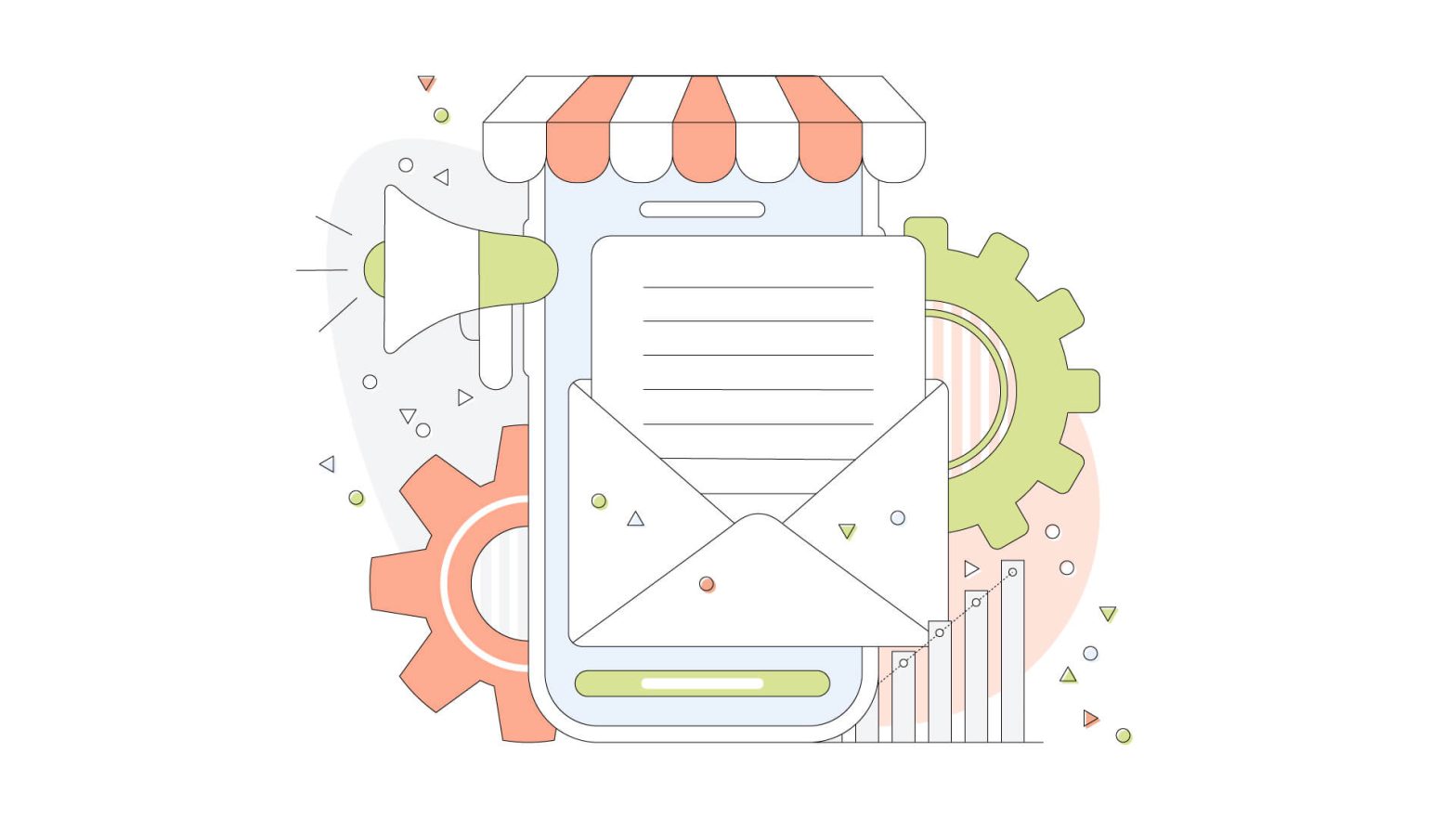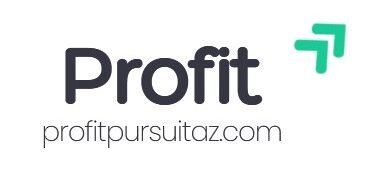Best Email Marketing Software for Small Business: Top Picks
Email marketing is vital for small businesses. It helps connect with customers directly.
Finding the right software can make a big difference. It improves communication and boosts sales. With many options available, choosing the best tool might seem overwhelming. Small businesses need tools that are easy to use, cost-effective, and efficient. The right software can save time and money.
It can also help reach more people and grow the business. Some features to look for include automation, analytics, and customization. These features can enhance marketing efforts significantly. In this blog, we will explore the top email marketing software. These tools are tailored for small businesses. They offer valuable features to enhance your marketing strategies.
Introduction To Email Marketing Software
Email marketing software helps businesses connect with customers effectively. It simplifies sending newsletters, promotions, and updates. For small businesses, it’s a cost-effective way to engage audiences. With the right software, you can automate tasks and analyze results. Understanding its importance can transform your marketing efforts.
Importance For Small Businesses
Email marketing is crucial for small businesses. It offers direct communication with your audience. This personal touch helps build customer loyalty. Unlike social media, emails reach the inbox directly. This increases the chance of your message being read. Small businesses benefit from its affordability and high return on investment.
Emails allow you to segment audiences. You can tailor messages to different groups. This personalization increases engagement and conversions. Email marketing also provides valuable insights. You can track open rates and click-through rates. These metrics help refine strategies for better results.
Choosing The Right Tool
Selecting the right email marketing software is vital. Start by identifying your business needs. Consider features like automation and templates. Make sure the software integrates with your existing tools. Check if it offers analytics and reporting. These features help you understand your campaigns better.
Ease of use is another important factor. The software should be user-friendly. A simple interface saves time and reduces errors. Ensure customer support is available. This helps resolve any issues quickly. Compare pricing plans to find one that fits your budget. A good tool will support your business growth.

Credit: campaignrefinery.com
Key Features To Consider
Choosing the right email marketing software can elevate your business. For small businesses, certain features stand out. These features ensure efficiency and ease of use. They help you connect with your audience effectively. Below are key features that make a difference.
User-friendly Interface
A user-friendly interface is crucial. It saves time and reduces frustration. Look for intuitive navigation and clear options. Simple dashboards help manage campaigns easily. Drag-and-drop editors simplify email design. Ease of use is important for beginners.
Automation Capabilities
Automation capabilities enhance your email marketing efforts. They allow you to send timely messages without manual effort. Automation helps schedule emails based on user actions. It also manages follow-ups and reminders. This feature boosts efficiency and engagement.
Budget-friendly Options
Finding budget-friendly email marketing software is crucial for small businesses. Limited funds should not stop you from reaching your audience. Many tools offer cost-effective solutions without compromising quality. Let’s explore some affordable options that are perfect for small businesses.
Affordable Plans
Many email marketing platforms offer affordable plans for small businesses. These plans provide essential features at a lower cost. You can manage contacts, design emails, and track performance. Some even offer tiered pricing. This means you only pay for what you need. It’s a great way to keep costs down while still getting results.
Free Trials And Versions
Free trials are a great way to test email marketing software. Many platforms offer a trial period. This lets you explore features without spending money. Some tools also offer free versions. These versions might have limited features, but they are useful for beginners. You can upgrade as your business grows.
Top Pick: Mailchimp
Mailchimp stands out as a top choice for small businesses. It’s known for its user-friendly platform and effective email marketing tools. Small businesses find Mailchimp appealing due to its simplicity and robust features. It offers a comprehensive suite of tools that cater to various marketing needs. The platform helps businesses reach and engage their audience efficiently.
Features Overview
Mailchimp offers a variety of features suitable for small businesses. The drag-and-drop email builder is intuitive and easy to use. Automation tools simplify sending personalized emails to subscribers. Mailchimp’s audience segmentation helps target specific groups. Analytics provide insights into campaign performance. Integration with other platforms broadens its functionality.
Pros And Cons
Mailchimp has several advantages. It offers a free plan with essential features. The user interface is straightforward for beginners. Automation features save time and enhance efficiency. However, there are some drawbacks. Advanced features require a paid plan. Some users find the pricing structure complex. Limited customer support for free users can be challenging.
Top Pick: Constant Contact
In the world of email marketing, choosing the right software is crucial. For small businesses, Constant Contact emerges as a top pick. Known for its user-friendly design, it offers many features that cater to small business needs. This tool helps businesses maintain connections with their audience effectively. Its simplicity makes it an ideal choice for those new to email marketing.
Features Overview
Constant Contact boasts a range of features. It offers customizable email templates. These templates are easy to use and look professional. You can also track email performance with built-in analytics. This helps you understand what works best. The platform includes a useful drag-and-drop editor. It simplifies the email creation process. Automation tools are available for scheduling emails. This saves time and effort for busy entrepreneurs. The software also supports social media integration. This allows you to expand your marketing reach seamlessly.
Pros And Cons
Constant Contact has several advantages. It is easy to navigate, even for beginners. The customer support is reliable and responsive. This ensures you have help when needed. The platform offers a variety of templates. These can be customized to match your brand. Automation features improve marketing efficiency. They help maintain regular communication with your audience.
There are a few downsides to consider. The pricing may be higher compared to other options. This could be a concern for very small businesses. Some users find the design options limited. Advanced marketers might miss some complex features. Despite these, Constant Contact remains a strong choice for many small businesses.
Top Pick: Sendinblue
Choosing the right email marketing software is crucial for small businesses. Among many options, SendinBlue stands out as a top choice. It offers a blend of powerful features and user-friendly tools. Small businesses find it affordable and easy to use. Let’s dive into what makes SendinBlue a preferred option.
Features Overview
SendinBlue provides a range of features to streamline your email campaigns. It includes email design tools to create professional emails. You can automate campaigns to save time. The software also offers segmentation to target specific groups. Additionally, real-time reporting helps track performance. SendinBlue supports SMS marketing too. This expands your reach beyond email.
Pros And Cons
SendinBlue’s pros include its affordability and ease of use. It offers flexible pricing plans. You pay based on the number of emails sent. The user interface is simple, suitable for beginners. Another benefit is its comprehensive automation features. These help in managing customer relationships efficiently.
On the downside, SendinBlue has limited email design templates. Some users might find customization options lacking. Also, advanced features may require a learning curve. Despite these cons, SendinBlue remains popular among small businesses.
Top Pick: Getresponse
Are you ready to take your small business email marketing to the next level? Meet GetResponse, our top pick for email marketing software that combines ease of use with powerful features. As a small business owner myself, finding a solution that caters to my needs without overwhelming me was essential. GetResponse checks all the boxes with its intuitive interface and robust capabilities, making it a favorite among small business owners. Let’s dive into why GetResponse stands out!
Features Overview
GetResponse offers a comprehensive suite of features designed to simplify your email marketing efforts. From customizable templates to automated workflows, it provides everything you need to create effective campaigns. You can easily segment your audience to deliver personalized content, increasing engagement and conversion rates. Plus, the landing page builder allows you to create stunning pages without any coding skills.
Another standout feature is the advanced analytics. You get detailed insights into your campaign performance, helping you make data-driven decisions. Imagine knowing exactly what your audience wants based on their interactions with your emails!
Pros And Cons
Pros:
- Easy-to-use interface that saves you time.
- Powerful automation tools for effortless campaign management.
- Comprehensive analytics to track success and optimize strategies.
- Affordable pricing plans tailored for small businesses.
Cons:
- Limited third-party integrations compared to some competitors.
- Advanced features may require a learning curve for beginners.
Is the learning curve worth the benefits? Absolutely, if you’re committed to growing your business. With GetResponse, you have a partner in your marketing journey, providing tools that evolve with your needs.
Have you tried GetResponse or another email marketing software? Share your experiences and insights in the comments below. Your feedback could help others make the best choice for their business!

Credit: moosend.com
Comparing The Top Picks
In the realm of email marketing, choosing the right software can significantly impact the success of your small business. Whether you’re just starting out or looking to optimize your current strategy, comparing the top picks in email marketing software is crucial. It’s not just about finding a tool that fits your budget, but one that offers the features you need to engage your audience effectively. Let’s dive into the nitty-gritty details and see how the top contenders stack up.
Pricing Comparison
When evaluating email marketing software, cost is often a primary concern. You might find yourself weighing options between free plans and premium packages. For instance, Mailchimp offers a free plan with basic features, which is a great starting point if you’re just testing the waters. On the other hand, platforms like Constant Contact and Sendinblue offer tiered pricing based on the size of your email list.
Consider what you can afford, but also what you stand to gain. Are you paying for features you won’t use, or missing out on tools that could elevate your campaigns? Choose a software that aligns with your budget while offering the essentials to grow your business.
Feature Comparison
Features can make or break your email marketing efforts. You need a tool that not only sends emails but tracks performance and helps you understand your audience. For example, ConvertKit is known for its automation capabilities, allowing you to set up complex email sequences effortlessly.
Meanwhile, ActiveCampaign is revered for its CRM integration, which can be a game-changer if you want to deepen customer relationships. What features are most important to your business goals? Focus on what will help you achieve those goals rather than getting distracted by bells and whistles.
Ultimately, the best email marketing software for your small business is one that fits your unique needs. Which tool will help you engage your audience, track success, and grow with you? The choice is yours—choose wisely!
Conclusion And Recommendations
In the world of small business, choosing the right email marketing software can be crucial. It shapes how you connect with your audience and grow your brand. The best software fits your needs, budget, and goals. Here, we explore top options for small businesses, helping you make an informed decision.
Best Overall Choice
Mailchimp stands out for many small businesses. Its user-friendly interface makes it easy to create email campaigns. You can track results and adjust your strategy. Mailchimp offers various templates to suit different styles. Its analytics tools help you understand customer behavior.
Another strong contender is Constant Contact. Known for excellent customer support, it helps businesses manage campaigns efficiently. Constant Contact provides a range of features for email marketing success. It includes social media integrations and event marketing tools. These enhance your outreach efforts.
Tailored Solutions For Specific Needs
For e-commerce, consider Klaviyo. It offers advanced segmentation for personalized emails. Klaviyo integrates well with platforms like Shopify and WooCommerce. This allows seamless data syncing for targeted marketing.
If you’re focused on automation, ActiveCampaign is a great choice. It excels in automating email sequences based on user behavior. ActiveCampaign’s CRM features enable better contact management. It supports personalized messaging, enhancing customer engagement.
Businesses seeking simplicity might prefer Sendinblue. It combines email marketing with SMS campaigns. Sendinblue is perfect for those needing straightforward solutions. Its pricing structure caters well to budget-conscious small businesses.

Credit: www.hostpapa.com
Conclusion
Finding the right email marketing tool boosts your small business growth. Each software offers unique features to fit different needs. Consider budget, ease of use, and customer support. These factors help you make an informed choice. Choosing wisely saves time and improves communication.
Keep testing tools until you find the best fit. Stay open to feedback and adapt your strategies. The right software enhances your connection with your audience. It helps build relationships and drive success. Remember, effective email marketing is key to your business journey.
